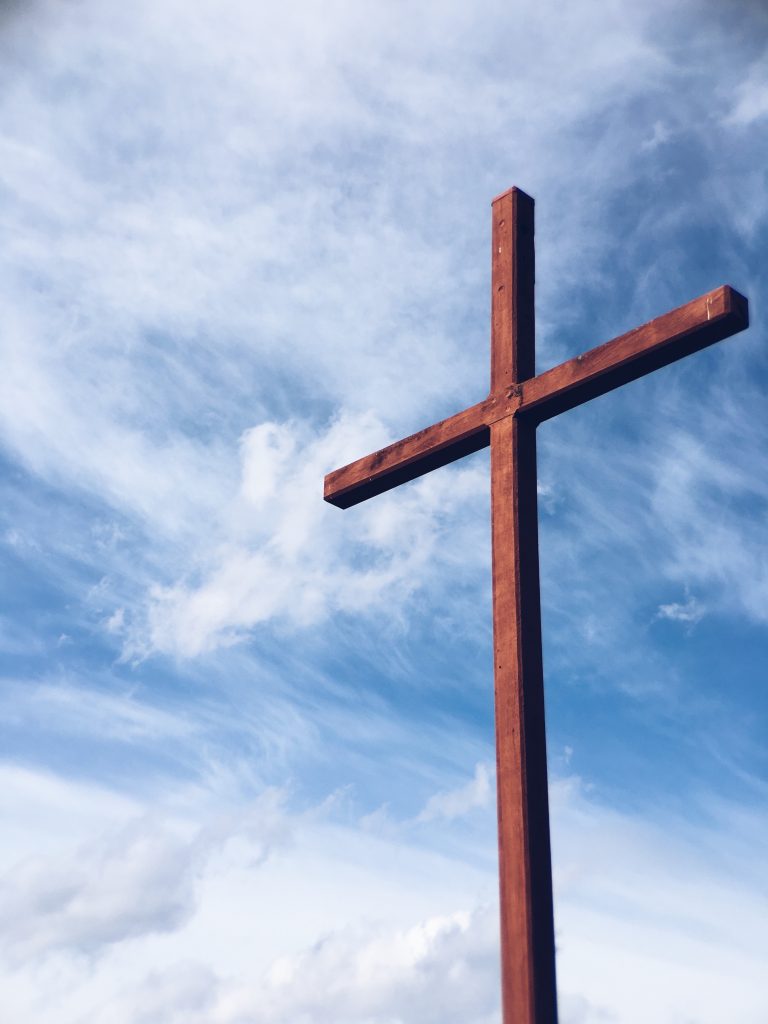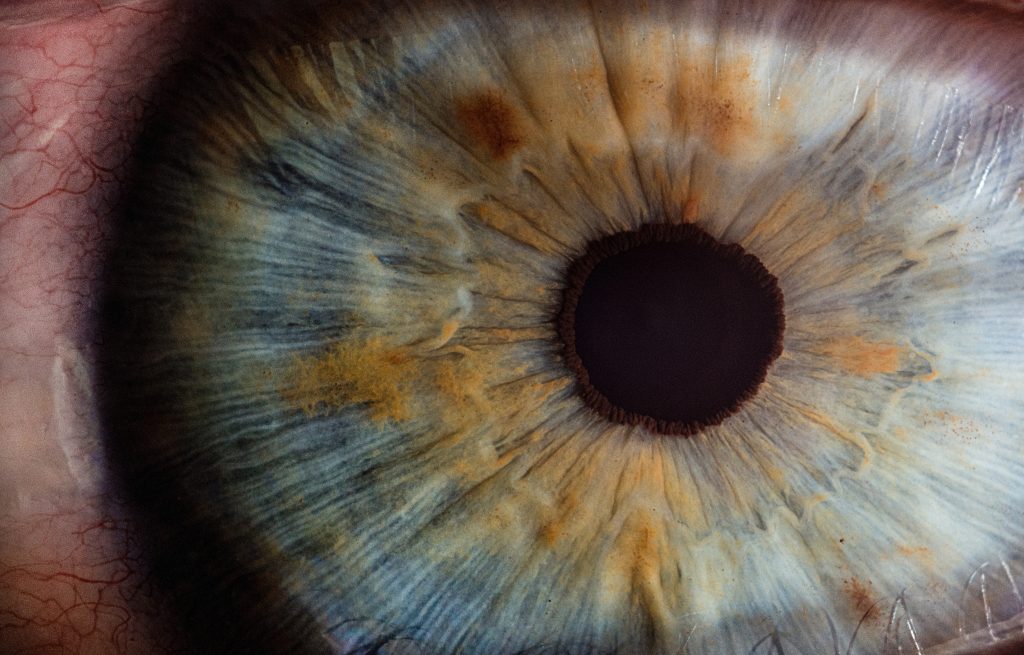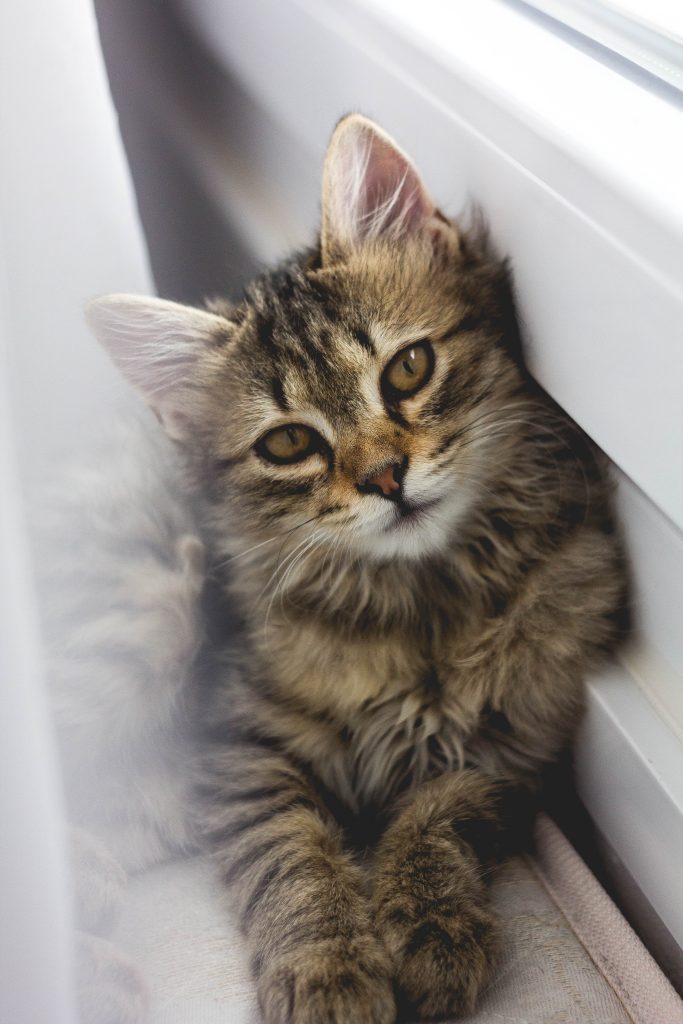Six Steps to Help Seize the Blessing in Trials
During my recent eye difficulty, several people asked me what I’d learned during the trial. “Plenty” is the short answer, but it wasn’t easy to get there. I didn’t always want a lesson in the trial I simply wanted it to be over. Initially, I forgot there was a chance of blessing in trials., so I failed to look for it. It was hard to keep going when I felt dizzy and exhausted. I kept one eye closed because of pain from the light, which made it difficult to write. When I was struggling, I didn’t always feel like joining my church family for worship. But I did it all – not as well, nor as often, nor with the same enthusiasm, but I didn’t quit. Why? Because of James 1. “Blessed is the man who perseveres under trial.” (James 1:12) I kept going because I wanted the blessing of trials and the growth perseverance brings. It’s why we must all keep going in the midst of our trials. The opportunity in trials It was hard to see my blurred and dimmed vision as an opportunity for growth but, according to James, all trials are a chance to be refined and perfected. The question is whether we’ll seize the opportunity or let it go past without growth and maturation. Joseph, the favorite son of his father, Israel, is a great example of one who seized the opportunity in his trial, He didn’t start out that way, though. Joseph was a dreamer, and, in his dreams, he always had authority and power. Everyone in the family would one day bow down to him, he believed. His future was bright and beautiful. Unfortunately, Joseph had a problem or two. First, pride. Second, indiscretion. He liked the dreams in which his family bowed down to him and made the mistake of telling his brothers about his dreams. They were jealous already, but the dreams made them angrier than ever. Opportunity and blessing don’t always look like we expect. The brothers’ anger birthed a decision born of opportunity. The brothers threw Joseph in a pit, then sold him to traveling traders selling the Balm of Gilead. Soon, Joseph was a slave in Potiphar’s house. (Genesis 37:18-36) He was Potiphar’s property. Character revealed Being sold as a slave is a tragedy, but in the midst of tragedy, Joseph’s character was revealed. Trials and tribulations strip away our pretense and reveal what’s inside. James 1:2 says we should “count it all joy” when we encounter trials. The root word for trials means “piercings”. I believe the trials we encounter are designed to serve as “piercings” that reveal what’s on the inside and allow that which is unlike Jesus to drain away. The piercings of trials remove our facade and reveal the core of who we are. Will we seize the blessing in our trial, or waste it? The amazing part of Joseph’s story is that what appeared to be an opportunity and blessing for the brothers to rid themselves of their trial (the irritating little brother) became an opportunity for Joseph to reveal his character and, eventually, a blessing to his entire family. The brothers wasted their trial. Joseph seized his. Joseph responded to tragedy the way we all should. He was faithful to do the right thing, regardless of his circumstances. He didn’t waste time being angry or bitter. Joseph didn’t whine or complain. He faced his trial with the same steadfast work ethic he’d demonstrated when he tracked down his brothers for his father. Joseph did the job set before him with all his might, despite the circumstances, and we should, too. What is our response to trials? We cannot avoid the trials of life, but we don’t have to waste them. Both Joseph and his brothers faced trials and revealed their true character, and so will we. When trials come, let’s do what Joseph did. Use them to become the men and women God intended us to be. Six steps to overcome a trial Keep doing what we know is right, especially spending time in God’s Word. (Genesis 39:1-6) Run from temptation. (Genesis 39:7-12) Continue to seek God and live honorably. (Genesis 39:13-23) Avoid bitterness. (Genesis 45:1-4) Look for God’s purposes in the trial. (Genesis 45:5-7) Embrace the blessing on the other side with grace and humility. (Genesis 45:8-15) Trials are always an opportunity for growth and refinement. Let’s thank God for the trials that come our way and allow them to perfect us and make us more mature in our faith. Why waste a trial when we can allow them to make us better than we were before? (Genesis 39:1-23, 45:1-15) “And as for you, you meant evil against me, but God meant it for good in order to bring about this present result, to preserve many people alive.” Genesis 50:20 You might also enjoy: When the Hand of God Restored My Hope Seven Truths You Need to Thrive in Hard Times Here’s a pinnable image to use for Pinterest:
Six Steps to Help Seize the Blessing in Trials Read More »










